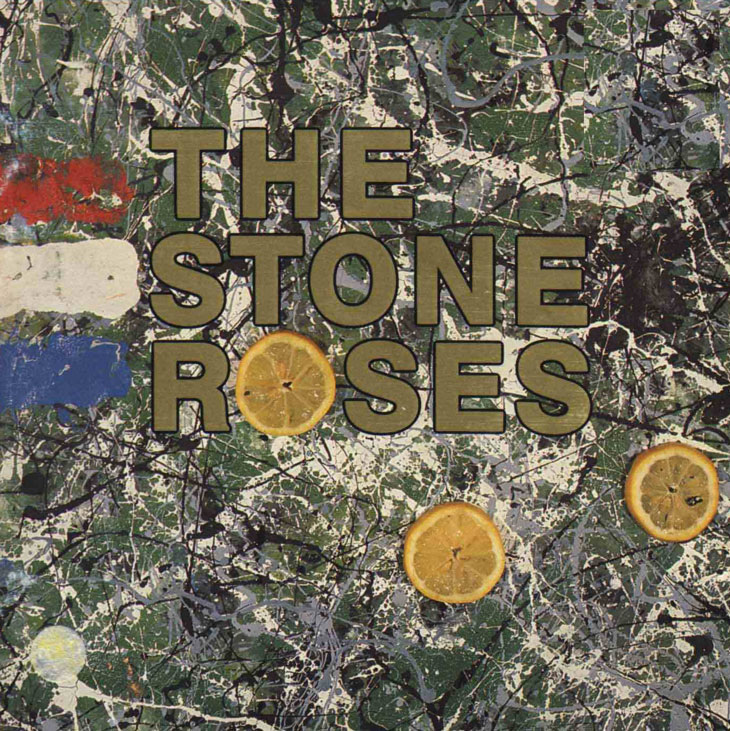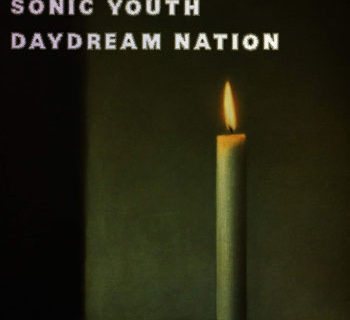Album #58: The Stone Roses – The Stone Roses
“I don’t have to sell my soul, he’s already in me…”
The Stone Roses self-titled first album, released in 1989, awakens the distinct memory of Yukio Mishima’s classic novel Spring Snow, and its protagonist, Kiyoaki Matsugae.
Like Kiyoaki, this album is ego personified: the swagger of knowing just how good you are, adorned by that damnable smirk at the edge of the Ian Brown’s mouth as he monotonously sings about his desire to be adored, his knowledge of his significance, and general disinterest in it.
The album presents the seeds of short-lived fruit, with a sense of delicate jingle-jangle ‘60s’ pop-isms, rolled in some rich analog drums, syrupy reverb laden vocals, and thick mid-range bass to fill out the chords, all of which combines into a pop so sweet it couldn’t last long. There is abandon in it the way it so knowingly acts effortless, as if The Byrds took ecstasy and sang about the experience.
Everything about this record is a paradox. Rhythms that feel like a rave, where you dance your face-off, are married to three-part harmony and psychedelic reversed guitar lines that sometimes descend into chaos before emerging into another crystalline beauty of a song. It’s both of the ‘90s but also out of time, creating a bewitching mixture of all the catchiest genres of three decades.
Rhythms that feel like a rave, where you dance your face-off, are married to three-part harmony and psychedelic reversed guitar lines that sometimes descend into chaos before emerging into another crystalline beauty of a song.
Perhaps a little ironically, the album’s imagery is an exercise in the natural: waterfalls, wind, nature, and love for the natural world. And, just as Kiyoaki ultimately falls to his own capriciousness and decadence of character, so too does this album.
This album and band are much like a flower: rich, beautiful, and short-lived. There is too much ego for anything long-lived, and the fact that they recorded another album before falling apart speaks volumes to that. The vivacity The Stone Roses indulges in is bright, hot, and instant.
That paradox has created an infinite outward spiral, perpetual bloom, which, although short-lived, grows in infinite appreciation as the years pass since its release.
And like Mishima’s novel, becomes quite a beautiful tragedy.
Until I am adored.













